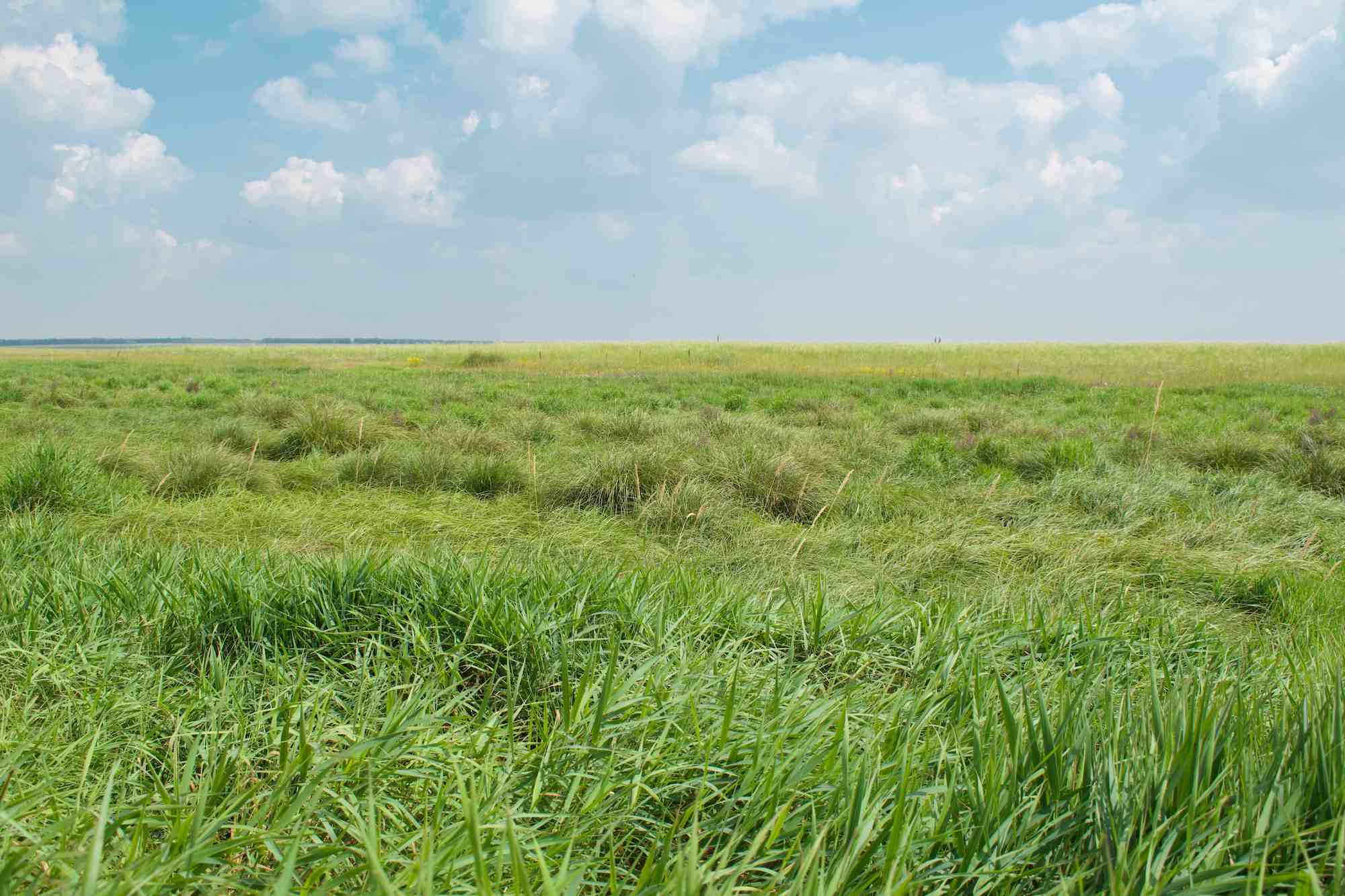
I am currently fascinated by the concept of non-native and invasive species. When are non-natives bad? Always or sometimes? Invasive species are always bad.
But sometimes non-natives can be good for you. Take the plant, Mullein, for example. It doesn’t belong in East Tennessee. It is originally from Europe and Asia. It makes excellent tea, and herbalists (my great great grandmother was an herbalist so all this stuff is in my blood) claim that it is good for lung ailments such as colds and asthma. But it is non-native AND considered invasive in East Tennessee. Hmmmm.
Sometimes it can be a much clearer proposition. Consider Melaleuca trees and Australian Pines. They were imported to South Florida in order to help drain unwanted water. They are currently illegal to plant and are deemed a serious threat to the Everglades and South Florida’s delicate ecosystem. Some sources claim that up to 20% of all lands south of Lake Okeechobee (according to USDA-ARS Invasive Plant Research laboratory) have been colonized by this invasive tree. Clearly not good.
Throughout the last century mankind has repeatedly tried to solve environmental problems by importing plants and animals from one part of the world to another. But new environmental problems usually occur, sometimes decades later. Once moved from their native environment, non-native plants and animals aren’t faced with their usual checks and balances. Most species will proliferate uncontrollably if natural “barriers” are taken down. In Australia, for example, Melaleuca trees were kept in check by a shortage of water. Once moved to South Florida, those barriers are removed.
At Coal Creek Farm in Tennessee, biologists Dwayne Estes (PHD) and Joe Shaw (PHD) have been conducting a year-long comprehensive plant and wildlife inventory. They are simultaneously removing as many invasive species as they can (See video). Tree of Heaven is a plant they are very worried about. I am sure it is no good and needs to be removed before it grows out of control and chokes other native plants.

Tree of Heaven invasive plant. Photo Credit: Karduelis, Wikimedia Commons
But all these native/non-native questions lead me to wonder how far back a plant needed to arrive on this continent to be considered native? Some people believe, for example, that Ginseng came to America via an overland route, carried by migrating humans. Granted it was a long time ago, but if it was brought by humans is it non-native? Or has timed eradicated its non-native status?
According to Vital Signs, a Gulf of Maine Research Institute Program, “An important, not-to-be-missed distinction between non-native species and invasive species is that non-native species do not disrupt the natural functions and processes of our native ecosystems.” So when the brilliant minds decide to import a plant or a bug to solve a problem, it is non-native. When this plant or bug inevitably becomes a problem, then the brilliant minds apologize, and the newly introduced species is labeled “invasive”. My vote is to leave species where they are intended to be. It’s not worth the risk to create the next Australian Pine, Melaleuca or Kudzu.





